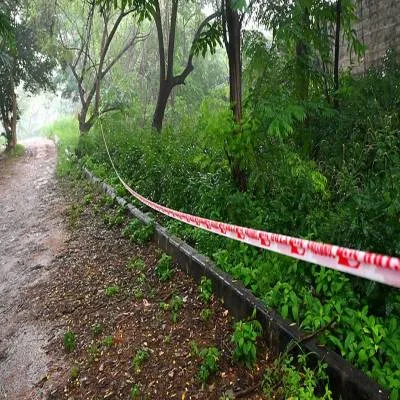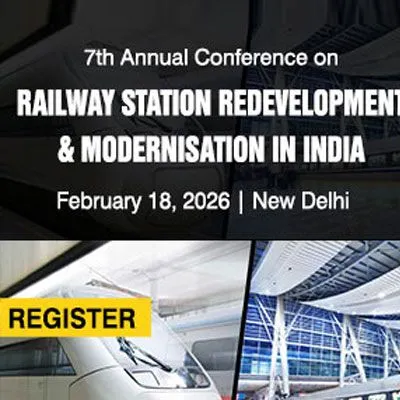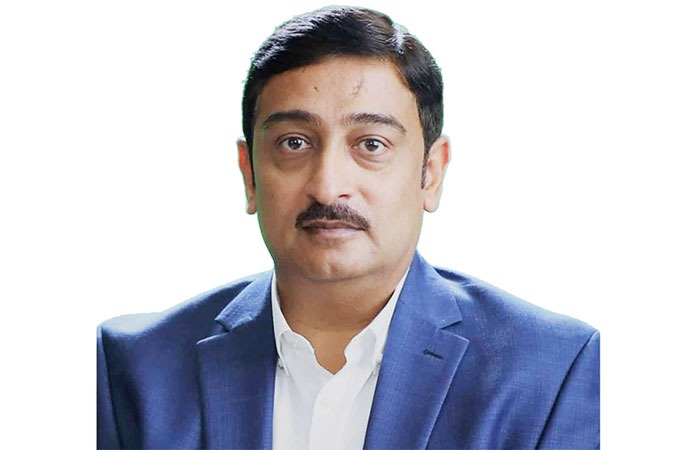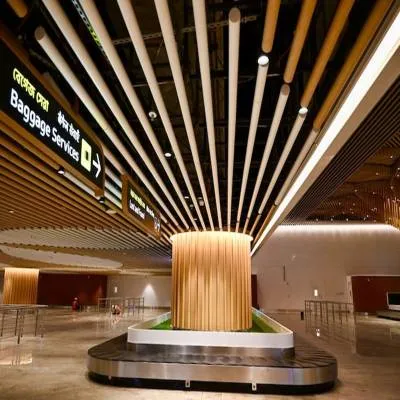Schedule a Call Back
The Danfoss India campus reduces water intensity by two-thirds
 The commitment of Danfoss India to water conservation and sustainability has been recognised with the LEED Zero Water certification for its Chennai campus. The project team has implemented several measures and strategies to achieve the certification.
The commitment of Danfoss India to water conservation and sustainability has been recognised with the LEED Zero Water certification for its Chennai campus. The project team has implemented several measures and strategies to achieve the certification. The Chennai facility has embraced several practices that encourage a circular economy of water and optimal use of the available water resources within the campus. Rainwater and treated water captured within the campus cater to a significant portion of the buildings’ potable and process water requirements, minimising reliance on municipal water supply. Although a minimal amount of water is procured from the municipality during summers, excess rainwater is treated and shared with it on rainy days, ensuring a water balance status of zero.
The water sustainability practices on the campus, including a rainwater harvesting pond, IoT-based measures to reduce domestic water leakage, low-flow aerators equipped with auto-sensor taps and effluent treatment plant (ETP) and sewage treatment plant (STP) systems, facilitate the treatment and reuse of domestic wastewater. The campus also has zero liquid discharge (ZLD) plants and sprinkler and drip irrigation systems to minimise water usage and discharge.
The IoT-based solution includes the use of over 300 sensors spread across the 50-acre campus to reduce water intensity by about two-thirds over the last four years. Digitalisation efforts in measuring sources and consumption, changing behaviours of users, and technology intervention have all contributed to the success of the initiative.
CW spoke to Ravichandran Purushothaman, President, Danfoss India Region, on the finer aspects of the project...
To read the full story, CLICK HERE.


Subscribe Now
Subscribe to our Newsletter & Stay updated
RECENT POSTS
Popular Tags
Folliow us
Related Stories
Ambuja Cements to Merge ACC, Orient Cement into Single Entity
Ambuja Cements, part of the Adani Group, has received board approval for the amalgamation of ACC and Orient Cement with itself, a move aimed at c...











